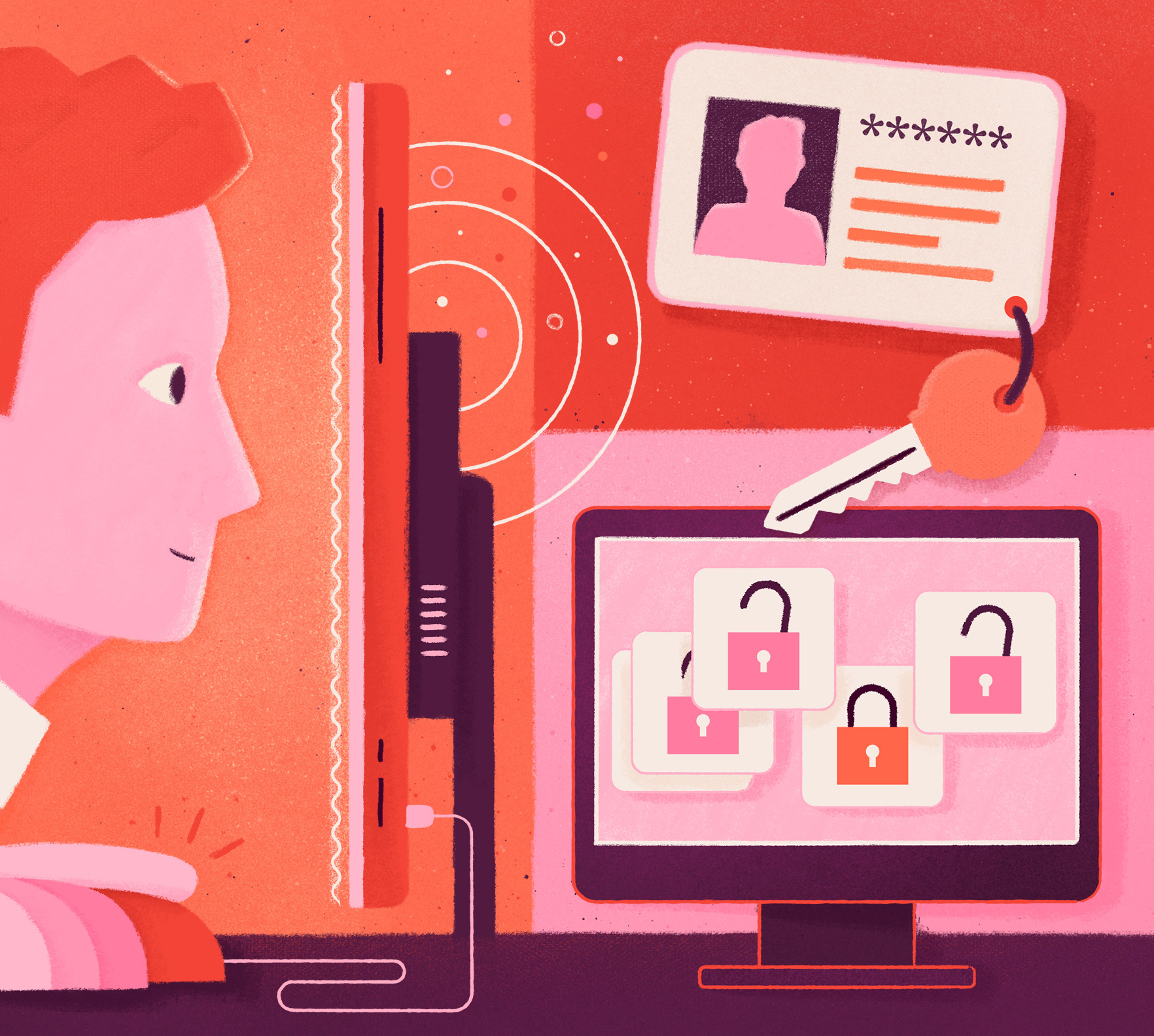As more and more of our lives become digital, the prevalence of hacks and data breaches is increasing (Think Marriott, LinkedIn, and Yahoo). We are all aware of the big breaches, those with millions of credentials stolen; the ones that overnight paint themselves across a thousand headlines. Within hours the headlines are joined by think pieces from industry experts; then the often sheepish CEO does the rounds of broadcasters promising it won't happen again.
And then the storm moves on. Another company suffers a major breach and the headlines change. Another CEO has to sit in the glare of a CNBC camera. But what about the people behind the millions of statistics? What is it like to have your data compromised, and how do you wrest back control? The numbers are so high it can be difficult to truly empathize or understand the personal impact on people’s lives.
Meet one such individual (they requested, and we respected their anonymity) who knows intimately what it feels like to be impacted by the Equifax breach in 2017, one of the biggest breaches in history with 147 million credentials stolen.
Here are four pieces of advice about how you can protect yourself if your credentials are stolen, from someone who has really been there.
Lock your credit: One common piece of advice is to place fraud alerts with credit agencies. However, despite doing this, the individual impacted still continued to receive multiple pieces of mail showing that credit cards had been applied for in their name. To ensure that this does not happen, go one step further and lock your credit until you need it.
Stay on top of your mail: Even if a letter looks like junk mail, open and read it to make sure that it’s not a fraud attempt. After the Equifax breach, the individual made sure that they checked every single letter. This resulted in dozens of fraudulent attempts to open credit in their name. After every instance, they would ring up the company to explain the situation, alongside filing reports with the FTC, IRS and the police.
Make a note of everything: It’s easy to become inundated with everything happening, so make sure you make a clear log of each communication. The individual wrote down every letter received, the date, and then the details of everyone they spoke with. This not only makes it easier to keep track for any future investigations but can also give back a sense of control over the situation.
Use multi-factor authentication: With the world we live in, it’s very likely that you may be the victim of a data breach one day. After the Equifax incident, the individual made sure that they used multi-factor authentication whenever possible to make sure criminals could not access email accounts or other personal databases.
About the author

Erin Wigger
Brand Marketing (Auth0 Alumni)
